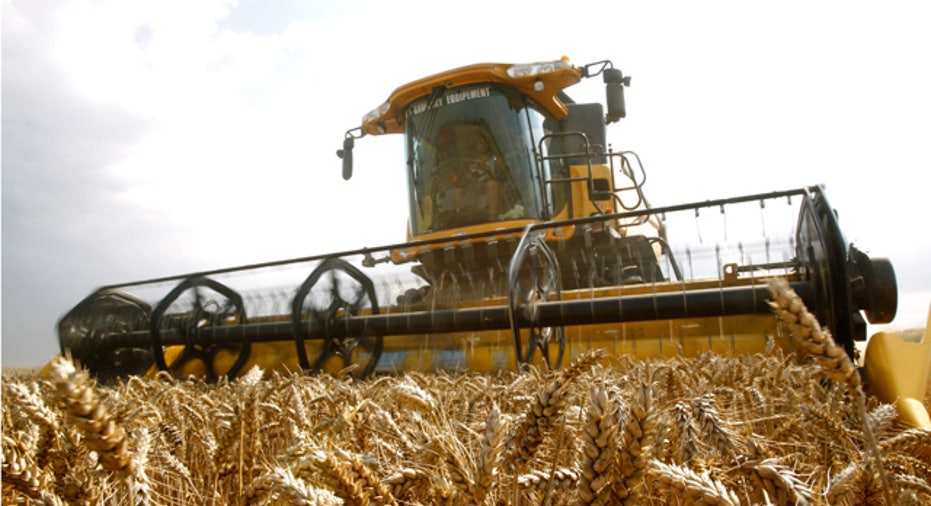Aid Agency Warns Food Prices Will More Than Double

The price of some staple foods such as corn will more than double in the next 20 years as demand outpaces production capacity and the climate continues to change, aid agency Oxfam International warned on Tuesday.
By 2050, demand for food will rise 70% from this year, while capacity to increase food production will decline, according to Oxfam, which noted that the average growth rate in agricultural yields has nearly halved since 1990.
“The food system is buckling under intense pressure from climate change, ecological degradation, population growth, rising energy prices, rising demand for meat and dairy products, and competition for land from biofuels, industry, and urbanization,” Oxfam said in its report “Growing a Better Future.”
One out of seven people, roughly 925 million, are hungry, and Oxfam predicts the number will likely pass 1 billion by the end of this year.
“In this new age of crisis, as climate change impacts become increasingly severe and fertile land and fresh water supplies become increasingly scarce, feeding the world will get harder still,” Jeremy Hobbs, executive director of Oxfam, said in a statement.
The rising figures are further evidenced by some of the world's top food companies such as Kraft (NYSE:KFT), Starbucks (NASDAQ:SBUX) and J.M. Smucker (NYSE:SJM), which have all raised various food prices on higher commodity costs. Restaurant chain Cracker Barrel (NASDAQ:CBRL) and soda giant Pepsi (NYSE:PEP) both said their profits slumped in the latest quarter as they struggled to keep up with higher raw material costs.
Oil, meanwhile, has been on the rise due to unrest in the Middle East, not only leading to higher commodity costs but also forcing deeper investment in biofuels, which Oxfam says takes away some necessary edible food sources. The grain required to fill the petrol tank of an SUV with biofuels made of corn and other plants, for example, is sufficient to feed one person for a year, the group said.
Oxfam also assigned part of the blame to commodities traders, saying three companies control 90% of the trade in grain and drive volatile food prices.
“For too long governments have put the interests of big businesses and powerful elites above the interests of the seven billion of us who produce and consume food,” Hobbs said.
The Oxfam report urged G20 governments to lead a transformation to what it called a “more sustainable food system” by investing in the 500 million small scale farms and building multilateral system of food reserves, among others.



















